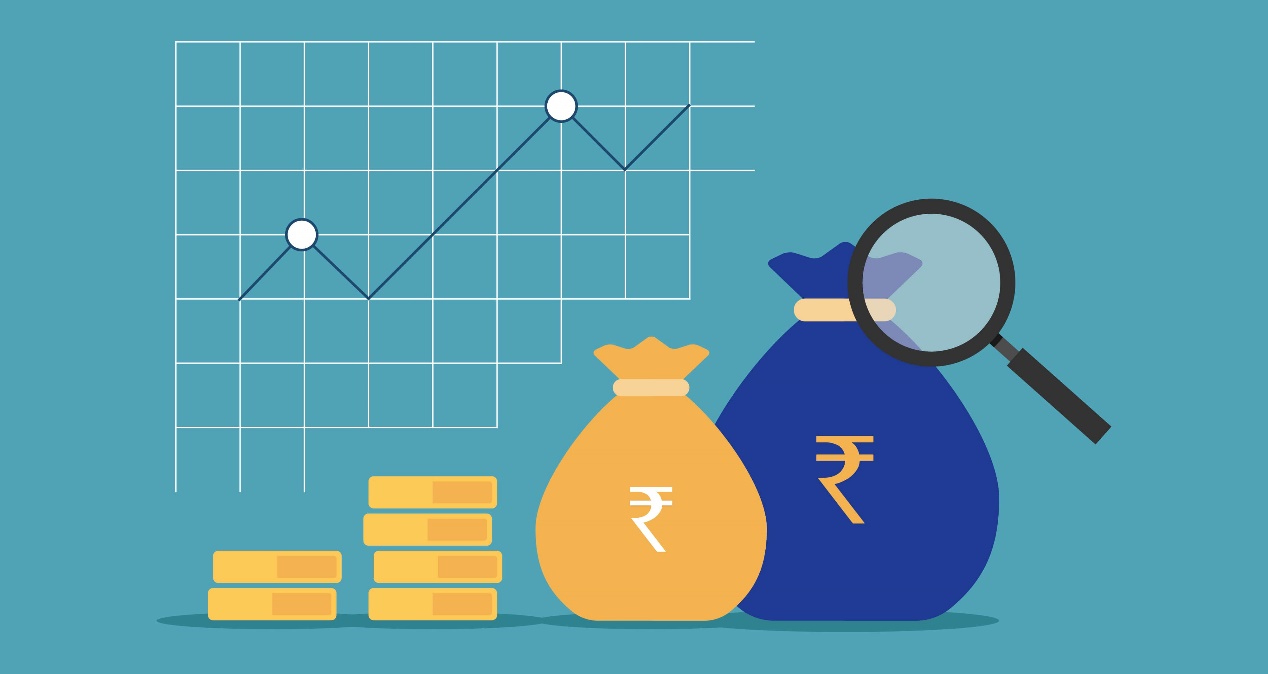Detailed explanation of margin trading

What is margin trading? Some securities trading participants often buy and sell securities. At that time, the transaction guarantee and support of securities companies are particularly important. Participants need to pay a certain amount of securities, namely, margin, to these companies with capital. These funds are often deposited into the accounts of some brokers after a certain process. A big feature of margin trading is that people who participate in investment will use the existing capital in the broker's account as their voucher. Through this process, investors can ensure that they receive reliable loans.
Generally, the interest rate of the loan is referenced by time. In other words, securities companies will calculate the interest rate regularly and charge interest on these loans. For example, a participant's broker adjusted the initial margin of his loan to 50%. The participant decided to buy a $2000 fund. Then we can know that the margin will reach 1000 dollars. In addition, the participant can get the remaining 1000 dollars.
How to conduct a margin transaction? Investment participants need to prepare a margin account in advance rather than a common cash account. By standard, a margin account is equivalent to a brokerage account. Investors can trade the amount or securities in their accounts as collateral. Interestingly, each agent has its own standard. Their qualification requirements for investors are often different. Brokers will provide different services for different customers. Brokers are good at using leverage to make investors' returns risky. Correspondingly, investors will either gain a lot of profits or lose heavily. This is also a typical feature of margin trading.

The advantage of margin trading is that ordinary investors have more purchasing power. The margin has a high degree of freedom. Investors can invest by borrowing more loans. As a result, margin trading is very attractive for investment clients with insufficient initial funds. Investors can also gain more profits through leverage effect in trading.
However, margin has many unavoidable shortcomings.
Due to inflation and other factors, securities will appreciate or depreciate from time to time. In any case, this is a blow to investors. They must spend more money to pay off their debts. Due to the existence of interest in margin trading, investors often pay regular funds according to the original contract signed. At the same time, not everyone can participate in margin trading. When some unqualified people participate, they often fail to meet the requirements of subsequent platforms due to the impact of the market and stock environment, resulting in great losses. Specifically, if the market is affected by the economy, it will become volatile. The ratio between the amount of margin and the value of securities will certainly change as a result. At that time, what makes investors feel pressure is that they need to continuously invest capital to make this ratio above a certain level. Otherwise, they may not be able to continue trading due to price changes, which will affect both parties.
Margin trading has both advantages and disadvantages. Investors should not blindly pursue high returns, but should make prudent decisions.

(Writer:Qizai)





